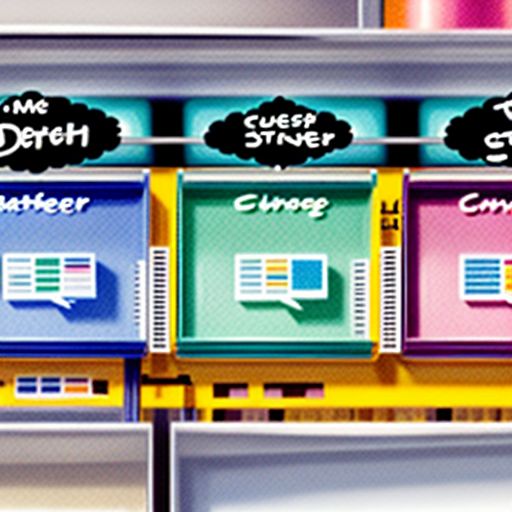For a long time, the term “ERP” (Enterprise Resource Planning) seemed reserved for large corporations with deep pockets and complex operations. But the times, they are a-changin’. Today, Erp Systems For Small Companies are not just accessible but essential for growth and efficiency.
Imagine this: your sales orders, inventory, customer data, and financials all talking to each other, seamlessly flowing in one centralized system. No more data silos, no more manual errors, just a streamlined operation humming along smoothly. That’s the power of a well-implemented ERP system.
What is an ERP System, and Why Should Small Businesses Care?
In essence, an ERP system integrates all the core processes of a business – from finance and accounting to inventory management, sales, and even human resources – into a single, unified system. Think of it as the central nervous system of your business, connecting all the different departments and functions.
But why are ERP systems so important, especially for small businesses?
Here’s the deal: as your small business grows, so do your challenges. Juggling multiple spreadsheets, managing inventory across different platforms, and keeping track of customer information can quickly become overwhelming and error-prone. This is where ERP systems step in as your trusty sidekick, offering a plethora of benefits:
- Improved Efficiency and Productivity: Automate tasks, eliminate redundancies, and free up valuable time for your team to focus on strategic initiatives.
- Better Decision Making: Get real-time insights into your business performance with comprehensive dashboards and reporting tools.
- Enhanced Collaboration: Break down data silos and foster seamless communication between departments.
- Cost Savings: Optimize inventory, reduce errors, and streamline processes, ultimately leading to a healthier bottom line.
- Scalability and Flexibility: As your business grows, your ERP system can scale to accommodate your evolving needs.
Navigating the ERP Landscape: What Questions Should Small Businesses Ask?
Choosing the right ERP system can feel like navigating a maze, especially with so many options available. To simplify the process, here are some key questions to ask yourself:
- What are my business’s specific needs and pain points? Identify the key areas where you need the most support.
- What is my budget? ERP systems can range in price, so determine a realistic budget upfront.
- Do I need an on-premise or cloud-based solution? Cloud-based solutions offer greater flexibility and affordability for small businesses.
- What features are essential for my business? Focus on the core modules that align with your business processes.
- What level of customer support and training is provided? Ensure you have adequate support during implementation and beyond.
erp.backinhtravel.com/wp-content/uploads/2024/07/erp-system-for-small-business-669a51.jpg" alt="ERP System for Small Business" width="512" height="512">ERP System for Small Business
Exploring Related Concepts: CRM, Inventory Management, and More
When delving into the world of ERP, you’ll inevitably come across related terms and concepts. Let’s shed some light on a few:
- CRM (Customer Relationship Management): While often integrated into ERP systems, CRM focuses specifically on managing customer interactions and data to improve relationships and drive sales.
- Inventory Management Software: This software helps track inventory levels, orders, and sales. It can be a standalone solution or integrated into a comprehensive ERP system.
- Financial Management Software: This software handles accounting tasks, such as general ledger, accounts payable/receivable, and financial reporting.
Conclusion: Empowering Small Businesses with the Right Tools
In today’s competitive business landscape, small companies can’t afford to be left behind. Embracing technology, particularly ERP systems, is no longer a luxury but a necessity for sustained growth and success.
By carefully assessing their needs, asking the right questions, and selecting the right ERP solution, small businesses can streamline operations, boost efficiency, and gain a competitive edge. So, take the first step towards transforming your business today – explore the world of ERP systems and unlock your true potential.
Have you had any experience with ERP systems in your small business? Share your thoughts and questions in the comments below!
